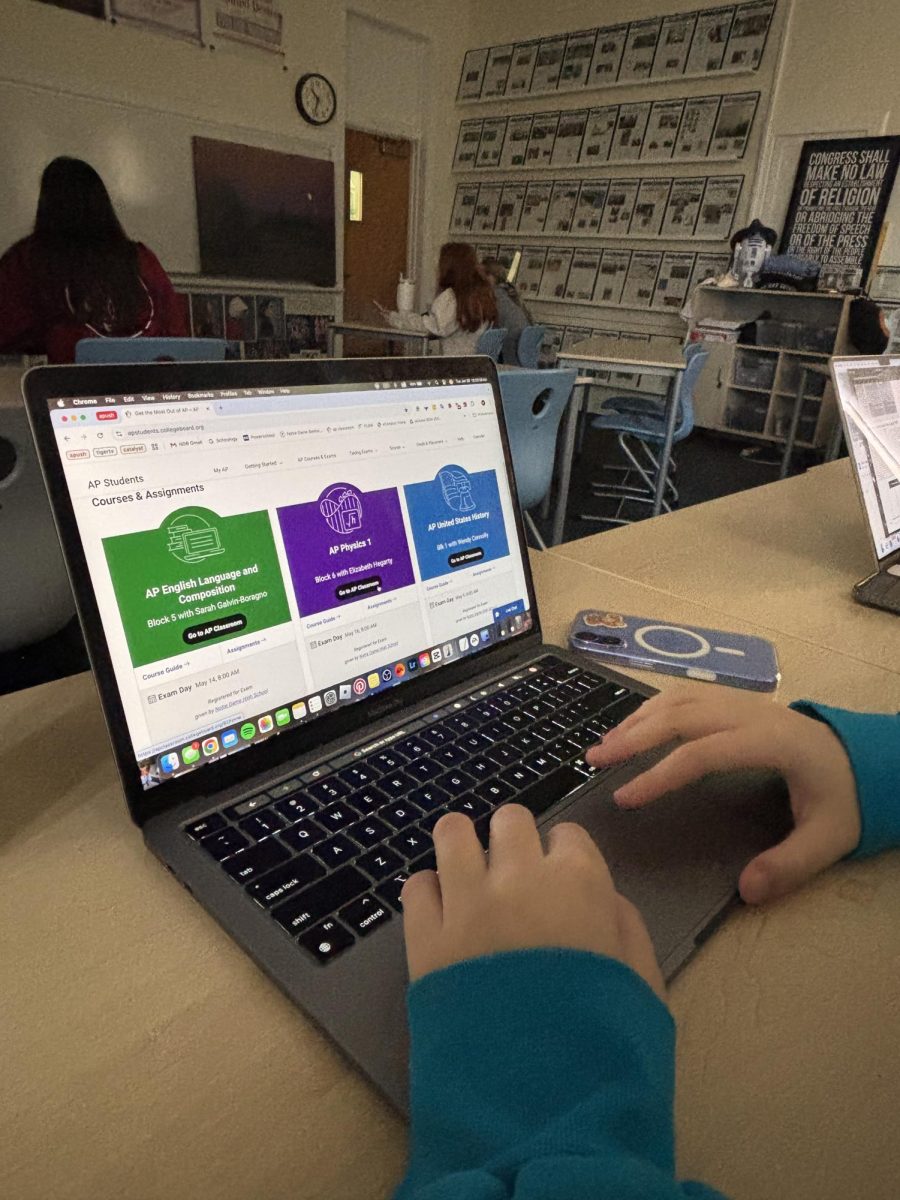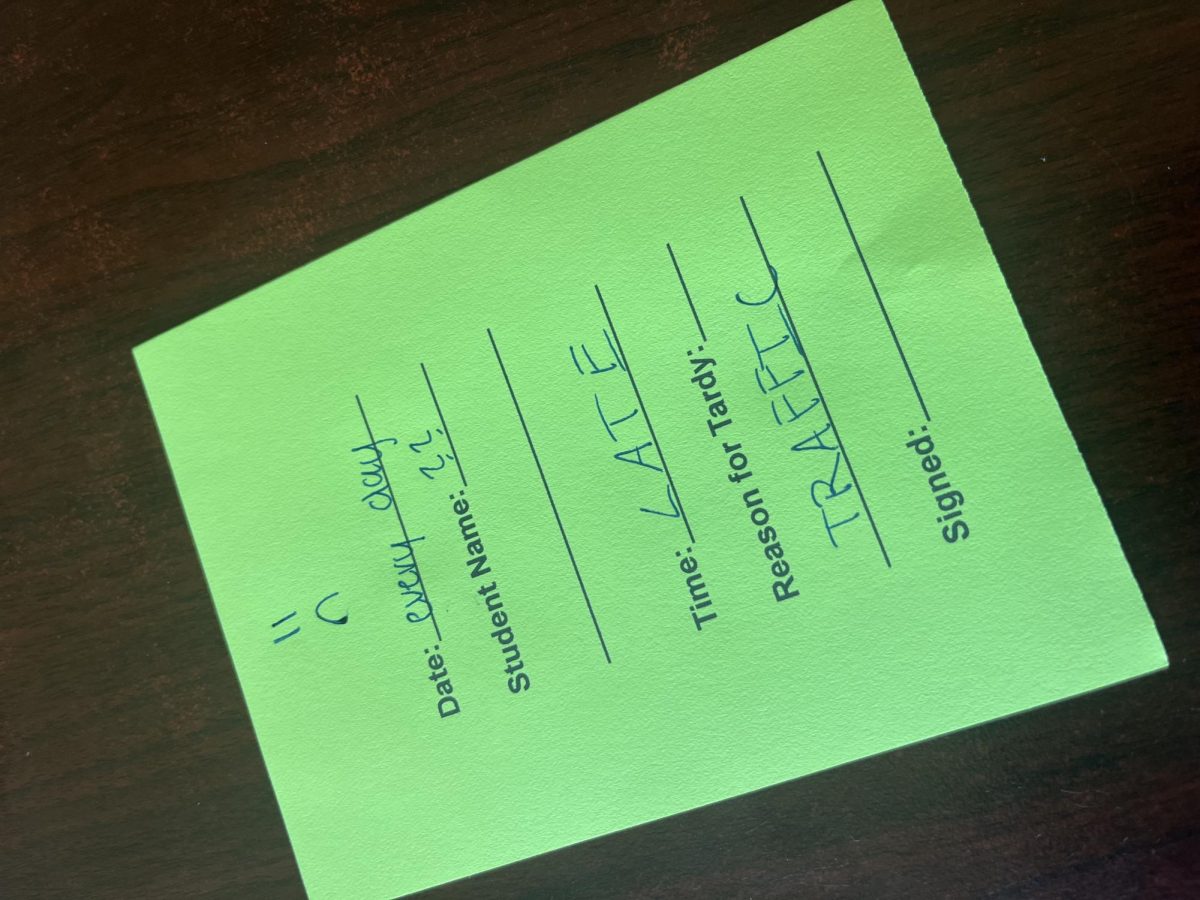AP classes are known for their rigorous curriculum, challenging tests, and of course extensive homework. This ultimately begs the question of how far students are willing to go to succeed in the demanding classes. Additionally, it challenges them to acknowledge the benefits of AP classes and how the given difficulty inevitably can prepare them for the future.
While AP classes may initially seem daunting, it is important to note the beneficial reality of what APs offer. AP classes present students with the chance to deepen their learning and be taught at a higher level, which ultimately, benefits students.
The challenge of AP classes luckily comes with credible teachers able to prepare them for the AP test. Sarah Boragno, an AP English Language and Composition teacher, has been teaching the course for many years and fully understands the challenge that accompanies her class, but also acknowledges the benefits it offers.
“AP is wonderful in the sense that it could create a sense of camaraderie, where everyone in the class is working together to almost tackle or challenge the test…it’s us versus College Board,” said AP Lang teacher Sarah Boragno. “I think that AP classes should mimic the college level mentality…students are beyond ready for it, they are writing like a collegiate level in AP Lang, and that means that this is only helping them for when they get to college and beyond.”
Other benefits of taking an AP class are the potential of gaining college credit for that course and adding rigor to your class schedule. Taking the AP test allows a student to gain college credit for that class (if they pass the AP test). Additionally, taking an AP class boosts your GPA, as instead of getting four points for an A, a student gets five points for an A. With this also comes adding rigor to a student’s schedule, as having harder classes in a student’s resume demonstrates their ability to accept the challenge of an AP course.
“Yeah, I do,” said junior Niki Tzartanis when asked if she likes the challenge that APs offers. “I like the challenging curriculum and also I feel able to go more in-depth on different topics, especially if it’s like building on another class that you’ve taken.”
Additionally, AP classes can prepare students for the rigorous academic future ahead because many might take courses they are interested in later pursuing. For example, suppose someone were to take AP Psychology. In that case, they might be interested in being a therapist or simply interested in how the mind works, ultimately benefiting them in their future career.
Overall, AP classes are worth the challenge and will ultimately benefit students in the future, as taking a harder course can allow a student to prepare for future challenges in college and beyond.






